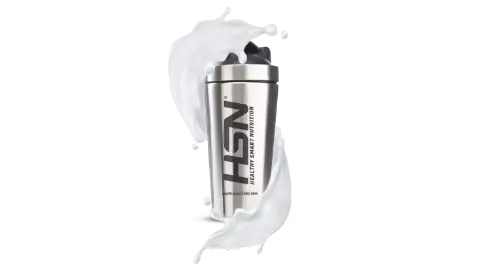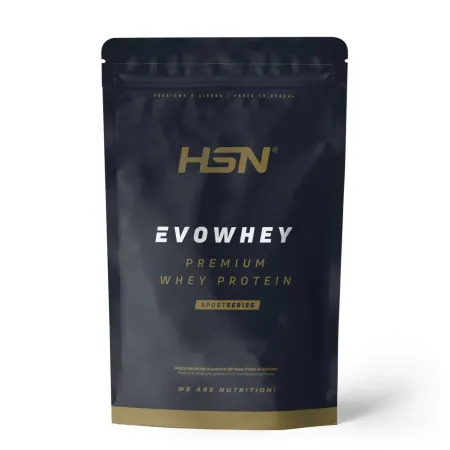Buy whey protein concentrate powder of the highest quality and at the best price on the market.
-
HSN -
-
-
-
-
-
-
-
-
-
-
Buy whey protein concentrate powder of the highest quality and at the best price on the market.
Discover HSNstore's whey protein concentrate catalogue, with many high-quality protein options. Enjoy the optimal price-performance ratio we offer you.
Check out other relevant categories:
Table of contents
We are proud to comply with all regulations and quality controls set by law and, in addition, we have the most competitive prices on the market.
Discover the true meaning of exceptional performance with Evowhey Protein 2.0. We have refined our formula to provide you with the creamiest and most easily dissolved whey protein concentrate available on the market. With an ever-expanding variety of flavours, your protein shake experience will be more delicious than ever.


EVOWHEY PROTEIN

Do you prefer a neutral flavour? With Whey Protein Concentrate 80% by RawSeries, we offer much more than just a protein shake. Our product is produced in our own factory, guaranteeing rigorous quality control at every step of the process.

100% WHEY PROTEIN CONCENTRATE
Take advantage of Black Friday & Cyber Monday. At HSN, we are already working on those dates.
Whey concentrate, thanks to its maximum value in several nutritional quality factors (such as Biological Value), is particularly suitable for post-workout.
No. Ultrafiltration is a process that filters whey with insufficient porosity to remove lactose.
A lactose-free whey must be an isolate, usually hydrolysed isolate.
No, except for allergies and/or intolerances. A person allergic to milk or very lactose intolerant may experience adverse effects as they would with the consumption of any dairy product. If allergic to milk, avoid using WPC.
Approximately 3 hours. After 3 hours of shake consumption, amino acid concentrations in the blood are significantly reduced. It's a sign of the end of the refractory period of protein intake indicating that it is time for another intake.
No. Gaining weight is a process that depends on the number of calories consumed over several weeks/months.
Whey concentrate is a food preparation that can be used as a substitute for other protein sources with more fat and carbohydrates in the context of a varied diet that provides all the essential nutrients. This makes it a great choice even in definition.
One serving (30g) of protein concentrate has only 126kcal. This nutrient is not fattening. Excess calories are fattening.
Yes, unless they have a medical condition that limits the amount of dietary protein they can consume, in which case they should consult a dietician-nutritionist.
In fact, whey concentrate is a highly recommended food preparation for healthy elderly people. This is because it contributes to the maintenance of muscle mass, which normally declines with age and the loss of which is a risk factor in the elderly.